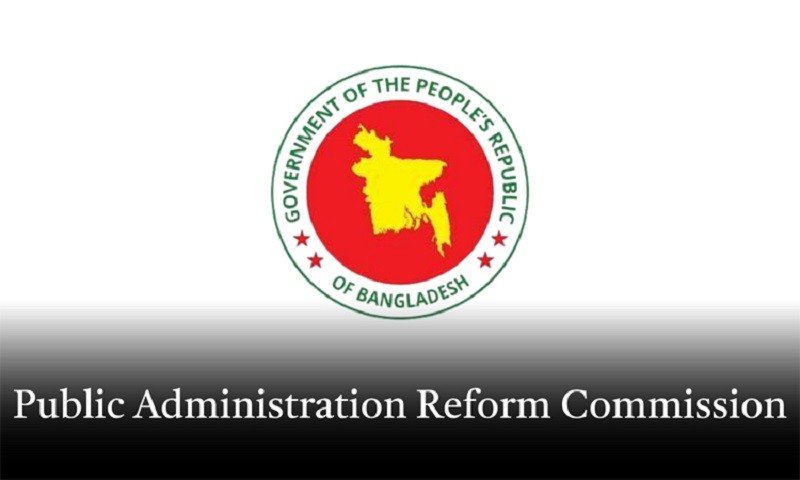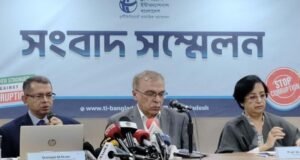
The government is moving forward with the implementation of several key recommendations made by the Public Administration Reform Commission, with initial focus on proposals deemed immediately actionable.
A high-level meeting was held at the Chief Adviser’s Office on June 16 to expedite the rollout of these reforms.
The meeting was chaired by M Siraz Uddin Miah, Principal Secretary to the Chief Adviser, according to a press release issued by the Chief Adviser’s Press Wing on Friday.
Officials at the meeting highlighted that the interim government—formed in the wake of a historic student-public uprising—has established several reform commissions to reshape governance in line with public expectations. Among these, six are considered major reform commissions.
While the National Consensus Commission, under the leadership of Chief Adviser Professor Muhammad Yunus, continues work on critical constitutional and policy reforms, the Chief Adviser has directed all ministries to fast-track reforms that fall within their administrative authority.
Following this directive, the Cabinet Division issued formal instructions to relevant ministries and divisions on May 25 to begin implementing reforms within their scope.
So far, a total of 121 immediately implementable proposals have been identified across five commissions. These include:
9 proposals from the Electoral System Reform Commission
38 from the Judiciary Reform Commission
43 from the Anti-Corruption Reform Commission
13 from the Police Reform Commission
18 from the Public Administration Reform Commission
The June 16 meeting focused primarily on the 18 proposals submitted by the Public Administration Reform Commission. Among these, eight were identified as high-priority due to their feasibility and potential for quick implementation. These include:
1. Ensuring hygienic toilet facilities at highway petrol pumps
2. Making ministry websites dynamic and user-friendly
3. Formation of managing committees for secondary schools and colleges
4. Activation of community health centres
5. Holding regular public hearings for transparency
6. Effective enforcement of the Right to Information Act
7. Reorganising the Bangladesh Bureau of Statistics
8. Accelerating digital transformation and e-governance services
According to officials, work on these eight initiatives will begin immediately, with further proposals to be taken up in subsequent phases.
The move marks a significant push by the interim government to deliver on its promise of administrative reform, transparency, and improved public service delivery.
 Weekly Bangla Mirror | Bangla Mirror, Bangladeshi news in UK, bangla mirror news
Weekly Bangla Mirror | Bangla Mirror, Bangladeshi news in UK, bangla mirror news







